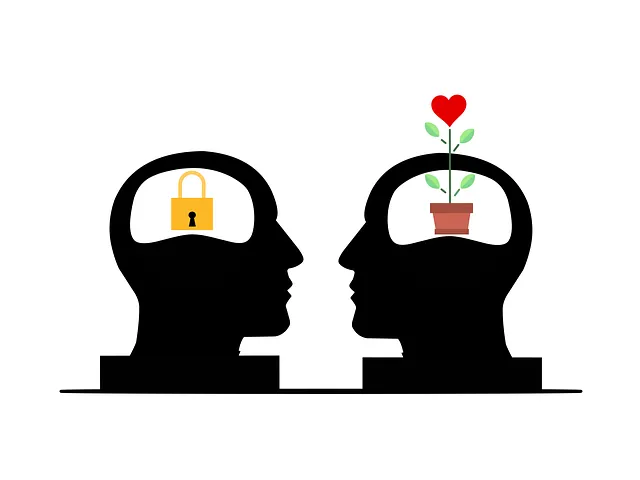Kaiser Permanente mental health Boulder offers diverse, comprehensive programs focusing on individual therapy and group facilitation techniques to enhance mental wellness. Skilled facilitators create safe, supportive environments through active listening, cultural sensitivity, open dialogue, and inclusive language. Trust, mutual respect, peer learning, and burnout prevention strategies foster a collaborative journey towards improved mental health awareness and healthier coping mechanisms.
Mental wellness is a cornerstone of overall well-being, and group facilitation plays a pivotal role in fostering community support. This article explores effective techniques for facilitating mental health groups, with a focus on Kaiser Permanente Mental Health Boulder’s approach. We’ll delve into strategies for creating safe spaces, engaging participants, and building supportive communities. By understanding the unique needs of individuals seeking mental health support, facilitators can enhance group dynamics, promote healing, and empower members to navigate their journeys.
- Understanding Kaiser Permanente Mental Health Boulder
- Effective Group Facilitation Techniques
- Creating a Supportive Community Environment
Understanding Kaiser Permanente Mental Health Boulder

Kaiser Permanente Mental Health Boulder is a leading provider of mental wellness services, dedicated to improving the lives of those in their community. They offer a range of programs and resources tailored to meet diverse needs, focusing on both individual therapy and group facilitation techniques. By fostering an environment that promotes open communication and mutual support, Kaiser Permanente empowers individuals to develop effective coping strategies and enhance their overall mental health awareness.
The organization’s approach emphasizes the importance of building confidence through structured group settings, where participants can share experiences, gain new perspectives, and learn from one another. Communication strategies play a pivotal role in this process, encouraging active listening, empathy, and constructive feedback. Through these techniques, Kaiser Permanente Mental Health Boulder aims to create a safe space for exploration, personal growth, and the development of healthier coping mechanisms.
Effective Group Facilitation Techniques

Effective group facilitation is key to fostering a supportive and engaging environment for Kaiser Permanente mental health Boulder services. A skilled facilitator can encourage active participation, ensure every voice is heard, and promote open dialogue among members. One powerful technique involves Mental Health Education Programs Design that incorporates interactive activities and discussions, making learning engaging and memorable. This approach not only enhances Self-Care Practices but also fosters a sense of community within the group.
Additionally, incorporating cultural sensitivity in mental healthcare practice is essential for building trust and inclusivity. Facilitators should be mindful of diverse backgrounds, beliefs, and experiences within the group, adapting their methods to create a safe and welcoming space. This tailored approach ensures that all participants feel valued and supported, ultimately enhancing the overall effectiveness of the group sessions.
Creating a Supportive Community Environment

In facilitating mental wellness groups, creating a supportive community environment is paramount, especially considering the challenges faced by healthcare providers like those at Kaiser Permanente mental health Boulder. This begins with fostering an atmosphere of trust and mutual respect where every participant feels seen and heard. Techniques such as active listening and empathetic responses from facilitators play a crucial role in building this safe space. Encouraging open dialogue through communication strategies, like non-verbal cues and inclusive language, can help individuals share their experiences without fear of judgment.
The environment should also promote inner strength development by providing opportunities for participants to learn from one another’s resilience. This can be achieved through group activities that encourage vulnerability and the sharing of coping mechanisms. Burnout prevention strategies for healthcare providers can also be integrated into these sessions, helping individuals manage stress and maintain their well-being. Such a supportive community not only enhances participation but also ensures that the mental wellness journey is a collaborative and empowering experience.
Kaiser Permanente mental health Boulder programs benefit greatly from group facilitation techniques that foster supportive community environments. By understanding the unique needs of participants and employing effective strategies, facilitators can create a safe space for individuals to connect, share experiences, and gain insights. This approach not only enhances their mental wellness but also empowers them with valuable tools for navigating life’s challenges. Incorporating these techniques ensures that Kaiser Permanente Mental Health Boulder remains a leading provider of comprehensive and compassionate care.






